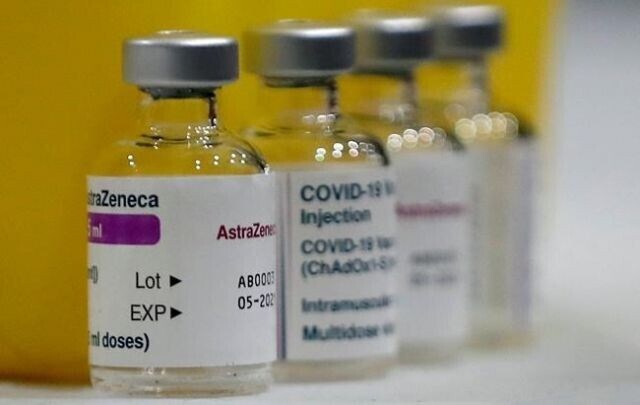Editor:
I read with interest a recent opinion piece published in your paper: “Hesitant about the AstraZeneca vaccine? You really shouldn't be. The benefits far outweigh the risks.”
As members of the most trusted health-care profession, doctors play important roles personally and professionally in the ongoing COVID-19 vaccine rollout. Recent survey data show that many doctors are taking initiatives to disseminate the evidence based information of the safety and efficacy of the COVID-19 vaccines. Canada will need more of these efforts plus rapid vaccination efforts to curtail very serious third wave.
According to Canadian Medical Association, physicians play a significant role in promoting COVID-19 vaccine acceptance and uptake with patients and communities. Thank you Dr. Davidicus Wong for your dedicated efforts and the leadership to save lives from this deadly virus. Every person that dies from COVID was a missed vaccination opportunity. Confusions, lack of knowledge, vaccine hesitancy, ignorance and ‘pausing’ vaccinations, and powerful and aggressive social media campaign to spread vaccine misinformation globally results in unnecessary hospitalizations and deaths. There has been no shortage of misunderstanding and mishandling extremely rare adverse events of the COVID-19 vaccines during its relatively short existence and there’s no doubt that public confidence is shaken.
The good news is, though, is that the real-world evidence - particularly from the UK - is that this is a rather effective vaccine. Moreover, we know a lot more now about this potential rare side effect involving unusual blood clotting, including how physicians can effectively diagnose and treat this condition successfully.
Furthermore, accumulating research evidence shows that the blood clotting from COVID-19 is far higher and we also know that there are all kinds of other pharmacotherapy (medications) that pose a higher risk of blood clots and this side effect is similar to what’s known as Heparin-induced thrombocytopenia, but Heparin is still regularly used as a blood-thinner.
For now, though, the recommendation from the National Advisory Committee on Immunization (NACI) revised: the AstraZeneca vaccine can be administered to those in the 40-to-64 age group. Unfortunately, we are seeing evidence across the country that there’s simply not enough demand for the current supply of this vaccine. We can’t force people to take a vaccine, but it seems counterproductive to be denying access to a vaccine. The insufficient demand for the AstraZeneca vaccine is based on inflated risk by public opinion rather than science-based evidence of safety and the efficacy.
We need to sort this out. We need more socially responsible physicians like Dr. Wong and community leaders to step in and disseminate science based information to empower our vulnerable communities to make informed decision making on vaccines.
Ediriweera Desapriya, Burnaby




